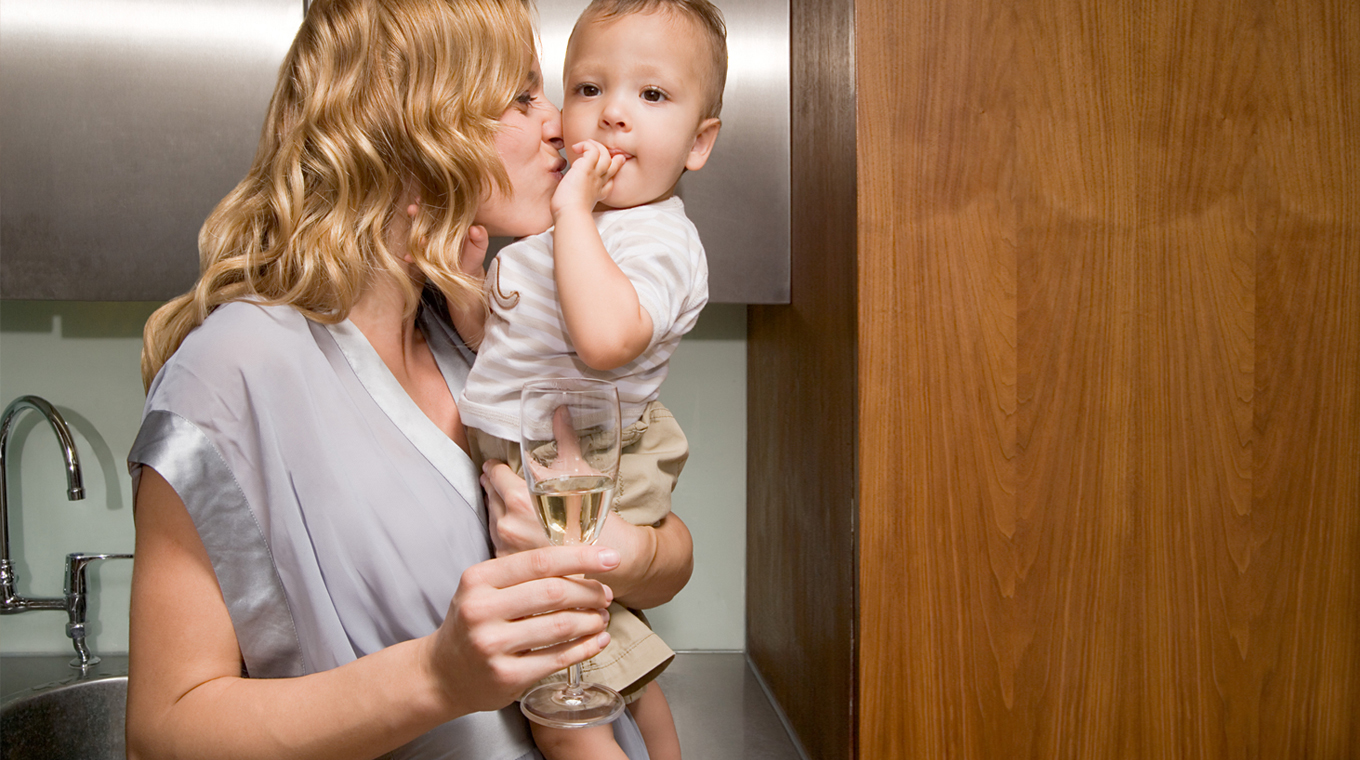In this article
Throughout their pregnancies, most moms take health and nutrition seriously; eating the right things, taking their prenatal vitamins, and getting plenty of fresh air and exercise. But once baby arrives, they’re unclear as to what they should be eating or which foods to avoid while breastfeeding.
Healthy habits in the fourth trimester and beyond are just as important as they were during pregnancy. Here are some tips for knowing what you need to avoid eating when nursing in order to keep you and your baby in optimal health.
Foods to avoid while breastfeeding

The Center for Disease Control and Prevention (CDC) recommends that breastfeeding mothers consume an average additional 330 to 400 calories but depending on weight, age, and activity levels that number may vary; nursing moms can find their specific caloric needs on the Dietary Reference Intake calculator. Keeping that in mind, here are some things to be wary of while breastfeeding.
Hit the brakes on the gas
Certain foods may cause your baby to become fussy or gassy. Typically cruciferous vegetables like broccoli and cabbage or dairy can be common triggers for colic. Keeping a food journal is a great way to track what you eat and how your baby reacts. Eliminate only one food from your diet at a time and watch your baby closely to see if it makes a difference; colic often has multiple causes and restricting your diet may or may not help.
Avoid the catch of the day
Fish that is high in mercury is one of the most important foods to avoid while breastfeeding. Orange roughy and some types of tuna are the biggest culprits. Salmon, catfish, shrimp, and canned light tuna, like mercury-free, Safe Catch Elite Wild Tuna, are better seafood options if you're breastfeeding.
Allergy alert
Your baby could also have a reaction to cow's milk or soy, so being mindful of how they react when you consume those items, can be helpful. Caffeine and chocolate should also be consumed in moderation as they too, can have an effect on your baby.
Shop the outer aisles
Processed foods should be avoided as much as possible when breastfeeding. This includes boxed cereals and snacks, microwaveable and frozen meals, and deli meats like pepperoni and salami. Processed foods, or convenience foods as they're often called, are often higher in calories, fat, sugar, and sodium than their whole food counterparts.
Shopping the outer aisles of the grocery store — where you'll find items like fresh produce — is your best bet, as the center aisles are where you'll find many processed foods you should avoid.
Not all supplements are safe
Much of your nutritional stores are depleted during pregnancy. You may need a a quality multivitamin to supplement levels of iron, selenium, folate, Vitamin D, and Omega fatty acids.
However, always check with your doctor before taking any vitamins or supplements. “There are some supplements that mothers want to avoid (for their own health safety or for milk production effects), and their provider will have the best knowledge as to what is appropriate for both mom and baby,” Dr. Rachel Borton, assistant professor of nursing at Bradley University, told Healthline.
For example, reaching for a supplement like Airborne and Emergen-C if you're feeling under the weather is not a good idea when breastfeeding. “The amount of vitamin C in Emergen-C exceeds the recommended dose for breastfeeding moms,” Los Angeles OB-GYN Dr. Sherry Ross, MD, told Healthline, adding that there isn't sufficient medical data that shows their safety and effectiveness.
The same goes for herbal supplements and teas — there are some concerns about safety due to the lack of research in women who are breastfeeding. Additionally, because they aren’t regulated by the Food and Drug Administration (FDA), there’s the chance they can contain heavy metals that could be harmful to you and your baby.
Caffeine, alcohol and breastfeeding: Is it safe?

Alcohol passes through your milk to your baby and long-term consumption may cause harm. An occasional drink is OK. Although pumping and dumping breast milk after drinking alcohol is a common practice, since nursing too soon after drinking alcohol can affect your baby it's best to drink in moderation. Babies are unable to metabolize alcohol as adults do so exposure lasts longer in their bodies.
“Your baby probably won’t become drunk from breast milk,” explained obstetrician Kathryn Newton. “But if you regularly have more than one drink a day, it can have negative effects on your nursing baby.”
Babies regularly exposed to alcohol through breast milk may have sleep issues, difficulty gaining weight and experience neurological and developmental problems.
You can safely consume up to 300 milligrams of caffein per day, the AAP notes, but if you notice that your baby seems jittery or irritable, it's best to reduce caffeine intake. Space your caffeine consumption throughout the day, and pay attention to how much caffeine you're consuming in tea, coffee, chocolate and soft drinks.
As with most things, moderation is key. A well-balanced diet full of fruits, vegetables, proteins, and whole grains is recommended, but don’t shy away from the occasional treat — after all, a happy mom means a happy baby.
What to eat while breastfeeding: Tips for eating healthy for you and your baby

It is recommended that breastfeeding mothers eat whole grains, plenty of protein, and leafy greens as well as yogurt and beans. Maintaining a well-balanced diet and staying hydrated during the postnatal period is ideal for the optimal health of both you and your growing infant.
“Excellent foods to eat include oatmeal, barley, brown rice, beans, sesame, dark green leafy vegetables, apricots, dates, figs, and cooked green papaya,” lactation consultant Jennifer Ritchie suggested to Mom.com. “These foods boost prolactin levels, the hormone produced by the brain that controls milk production.”
You can also try lactation cookies, that include ingredients like flaxseed, milk thistle, fennel seed, wheat germ, brewers yeast, and turmeric that stimulate milk production by increasing the prolactin levels in the body.
"When I was nursing, I swore by my best friend's lactation cookies," Amy C. told Mom.com. "They really worked and helped increase my supply, which was great because it seemed as though my youngest was constantly on the breast."
Again, it's always a good idea to consult with your doctor before trying any foods that contain ingredients you may not have had previously, or before embarking on a new diet.




